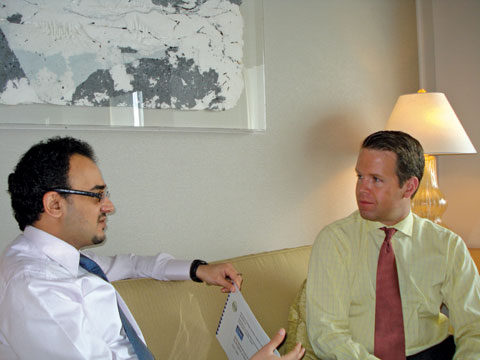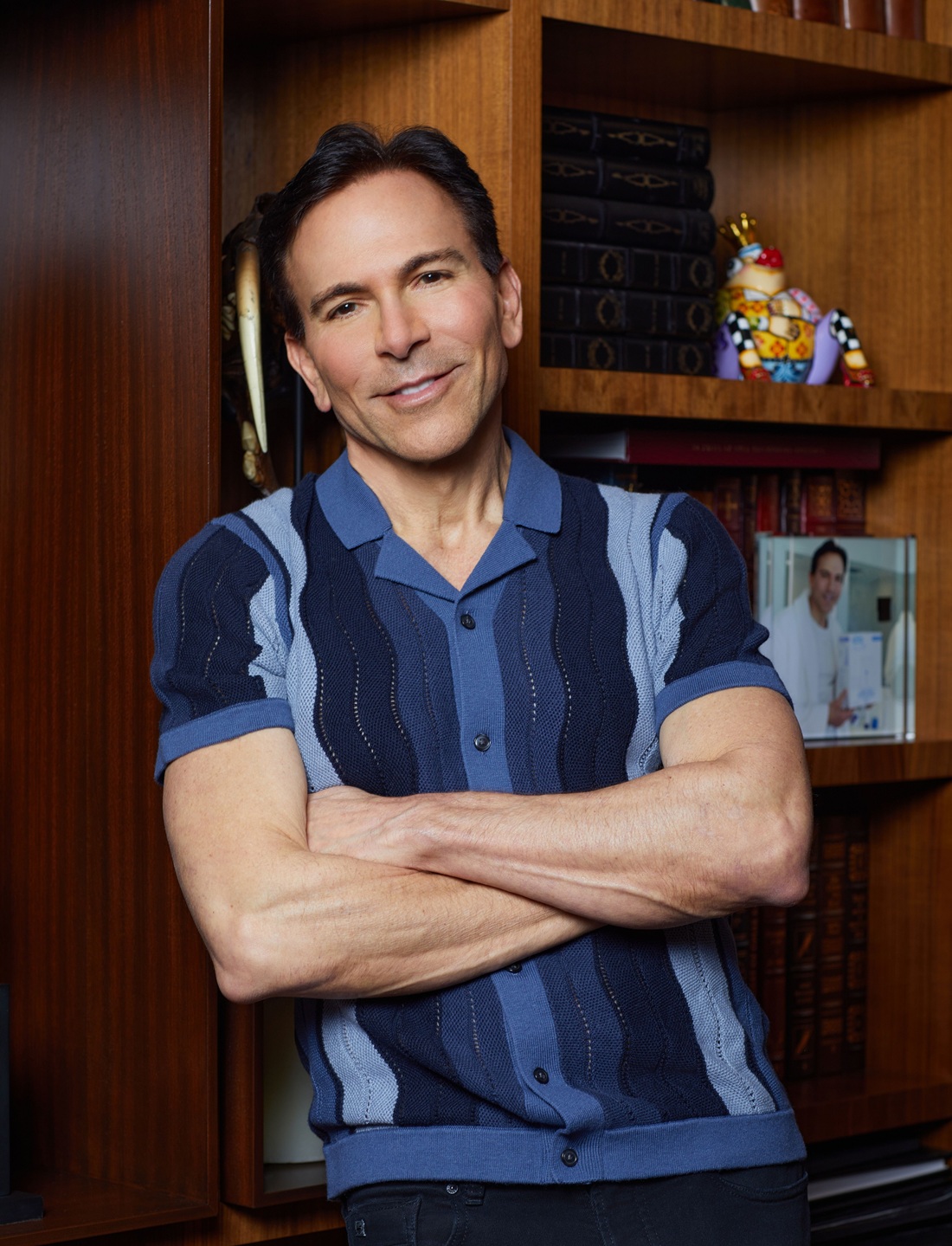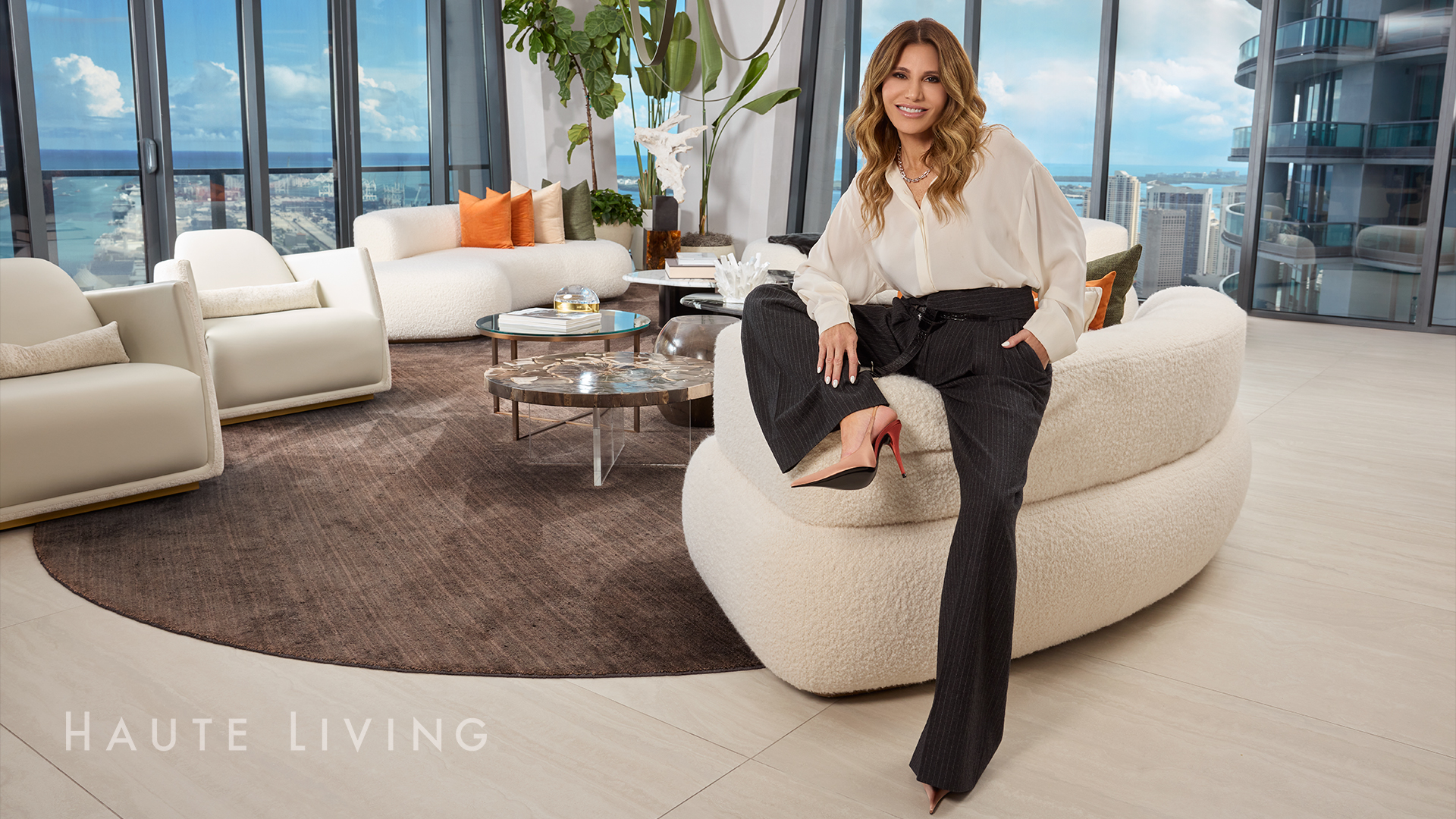Will The Saudi’s Go Green? HRH Prince Faisal
HRH Prince Faisal offers concrete solutions for the current environmental disorder in the Arabian Gulf, the first agenda on Saudi Arabia’s governmental list.
By Jennifer Seligman

[highlight_text] “I do call for studying the issue of petroleum in relation to environment and climate-scientifically and objectively-away from political pressures and effects.” [/highlight_text]
After studying environmental law and regulation at the London School of Economics as well as joint academic research at Harvard, Kent, and Portsmouth University, it dawned on HRH Prince Faisal Bin Turki Al-Faisal of Saudi Arabia, and his current partner, Farhan Al-Farhan, to create an independent agency that would analyze the environmental effects of its proposed public and private projects, plans, and programs. In 2006, Prince Faisal founded the Saudi Strategic Studies Institute, the first private Saudi Arabian agency specializing in environmental guidelines and recommendations that are enshrined in either law or policy, or referenced in literature on the topic.
“I spent almost seven years working on coral reef protection in the west coast of Saudi Arabia, and in 2004, I felt these efforts needed more research,” explains Faisal. It was this well-rounded education, combined with Faisal’s practical, hands-on experience, that initially sparked his interest to help the environment in any way possible.
The United Nations Conference on Trade and Development has already ranked Saudi Arabia as No. 1 for inward foreign direct investment in the Arab world, and Faisal plans to continue to increase these efforts. The leadership in Saudi Arabia knows how important it is to act fast and to invest in specialized fields. It has therefore become crystal clear to any scholar or environmentalist that preserving the environment is one of the most important tasks at hand. The government released $1.5 billion for environmental research and projects last year, an incentive to reduce the Saudi obligations in the future and to create new income from the renewable energy and carbon credits.
“What floats nowadays-of talks on the negative impact of oil on environment and climate-fuses the truth with falsehood,” says King Abdullah Bin Abdulaziz Al-Saud. “And attempts at targeting oil with high taxes are more harmful to consumers than producers. I do call for studying the issue of petroleum in relation to environment and climate-scientifically and objectively-away from political pressures and effects.”
Prince Faisal believes that the way to abolish environmental problems like climate change lies in the continuance of developing energy-efficient technologies. International efforts in this regard must be based upon the principle of shared responsibility between the developed and developing countries. The purpose of SSSI is to ensure that environmental agendas are enforceable. In particular, the SSSI process assists the authorities responsible for plan-making, as well as the decision makers, in taking into account key environmental trends, the environmental effects of proposed options, and the implementation of said plans. Measures are then taken to avoid, reduce, or mitigate the adverse environmental effects and to enhance positive effects and information from relevant authorities, the public, and from potentially affected states.
SSSI plans to integrate their findings into proactive decision-making and solutions. They also intend to compliment the Gulf Cooperation Council and UN Convention on Energy Information Administration. SSSI facilitates consideration of the environment in relation to fundamental issues rather than addressing only how an individual project should be developed. The potential for environmental gain is much higher with SSSI than with just local and public agencies.
“Some argue it is the government’s duty to handle such matters,” says Faisal, “but this is not true. We as Saudi scholars shall take part of the responsibility and give the government our support in order to speed its progress.”
When properly implemented, the SSSI process is meant to provide for a high level of environmental protection, improve the quality of plan and program making, and increase the efficiency of the government’s decision-making. It should also help facilitate the identification of new opportunities for development, help prevent costly mistakes, strengthen governance, and assist transnational cooperation, both regionally and globally. The SSSI’s goal is to avoid irreversible and severe effects, safeguard protected areas and sites, and maintain critical habitats and other important areas for the conservation of biodiversity.
“It helps to consider alternatives, which encourages the search for win-win options that open up opportunities for new developments such as the new five economic cities in Saudi Arabia,” says Faisal. “As Saudis, we have to admit to the errors which have been carried out in the past due to the lack of environmental awareness or planning. We must learn from those past mistakes and begin to build a newer, greener kingdom.
“What distinguishes our institute from other similar groups is that we cover a global arena and we bring and build all of the technologies with strategic partners to implement and own the projects in Saudi Arabia in order to make the kingdom the most advanced country in the world in environmental activities,” continues Faisal. “Since we are building new cities from scratch, such criteria would give us the flexibility to control the tools, which we will use in order to be eco-friendly and to teach the notion to our younger generations to protect our natural resources long-term.”
Some of the projects that the SSSI is currently working on include the first Saudi national environmental assessment, establishing the first Saudi recycling factory to produce natural gas, and creating and trading carbon credit units from the existing oil and gas facilities under Kyoto protocol.
The Global Strategic Studies Institute is one of Faisal’s other creative initiatives. The idea for the GSSI was conceived in 2006 and has finally come to fruition after much consideration and extensive academic research. This particular project is concerned with providing a greater good to the world and the environmental agenda, and is an essential, long-term consideration. “Our aim is to provide a role model for local, national, and international communities willing to contribute to our initiative,” says Faisal.
A gala dinner in April, which will be held in Montreal, Quebec, has been organized in order to pave the way for foreign direct investors to come and study the growing and emerging Saudi market. “With Faisal’s support, we can build the trust and introduce the Saudi know-how concepts to the new carbon credit market and clear the atmosphere to the investors,” explains Farhan. Guests will include all concerned companies and academic institutes as well as government officials from both Saudi Arabia and Canada.
“Through SSSI and GSSI, Faisal represents the future and our new goals in the world,” says Farhan. “He has the right knowledge and charisma to remain a leader in this field.”












